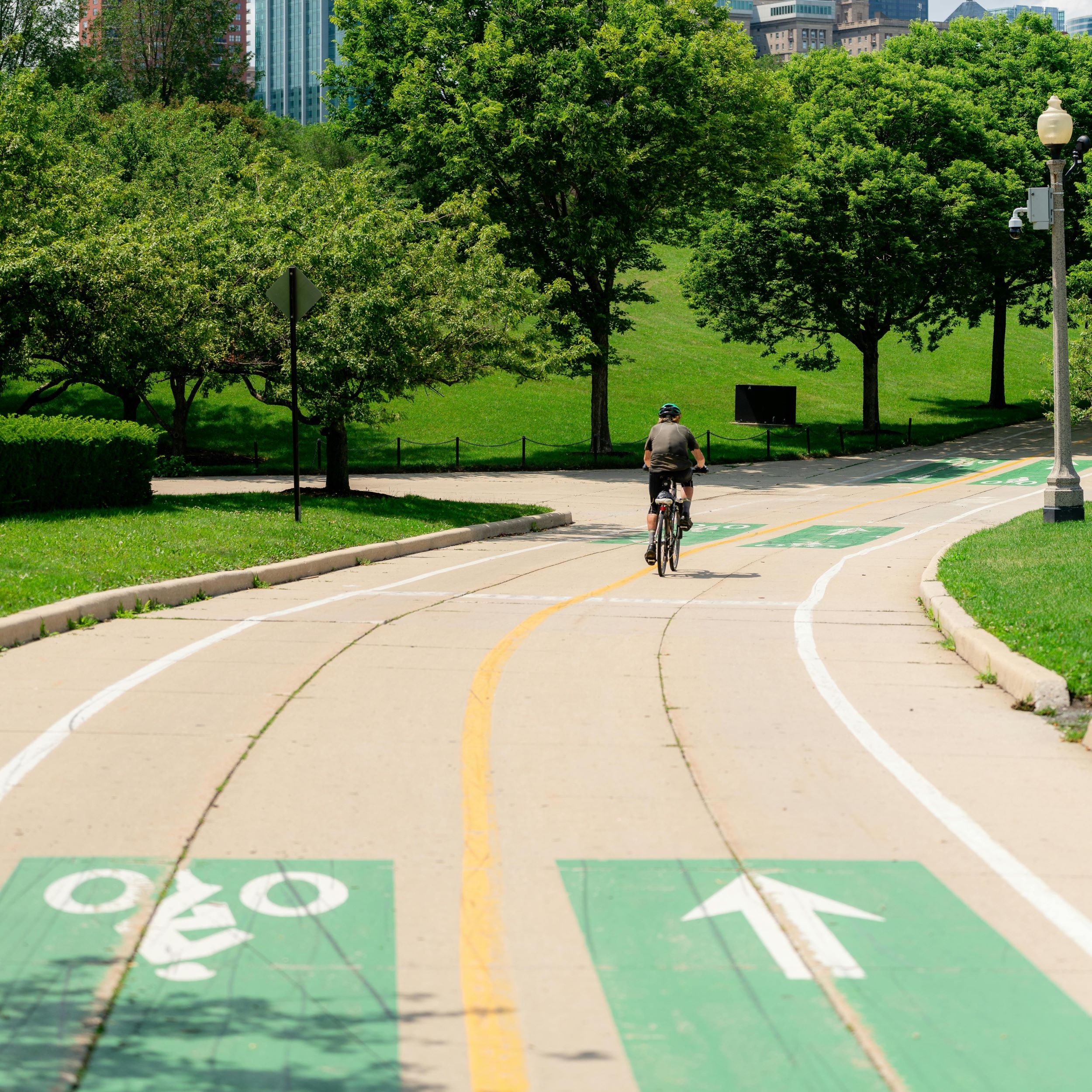Resilient Iowa Communities
Helping Iowa cities and counties achieve their sustainability, resiliency, and quality-of-life goals.
Joining RIC
Joining Resilient Iowa Communities is completely free and can be done by completing our Membership Application. Joining RIC gives you the designation as a Resilient Iowa Community member with access to our best practices resources, working groups, discounts on our Center services, and opportunities to be recognized for your resiliency efforts. Membership is available to county and city governments, K-12 school districts, higher education institutions, and nonprofit organizations.
Success in Regional Energy Navigator Partnership!
Resilient Iowa Communities had the opportunity to serve as Iowa's Regional Energy Navigator in partnership with the Great Plains Institute's Energy Navigators Program. The partnership was able to connect technical support and resources to a number of Iowa communities at no charge, including the City of Ames, City of Decorah and Burlington.
Through this pilot program, the City of Ames was able to work with GPI to provide expertise to identify the best locations for solar, issue a solar RFP, and review bids.
Through this pilot, partners had the opportunity engage in a variety of supports including:
- Assessing your energy priorities, including potential challenges and opportunities
- Guiding you through feasibility, planning, and implementation considerations for energy projects
- Navigating and identifying relevant support programs
- Building preparedness to pursue funding opportunities
- And other energy-related needs that came up!
Resilient Iowa Communities is a great place to start if your city, county, school district, or organization is interested in diving into building a more sustainable, resilient, tomorrow for Iowa. We can help connect you to resources like this one and connect you with a network of people getting things done. A big thank you to the Great Plains Institute for trusting us to be their Regional Navigator for Iowa and bringing their incredible technical support to our communities.
RIC Best Practices
Resilient Iowa Communities (RIC) provides guidance based upon a menu of optional best practices in a few categories with a variety of services available to meet the needs of your unique community. Each best practice can be implemented, as decided by city elected officials, staff, and community members, and receive recognition based on completing one or more actions at a bronze, silver or gold levels. These voluntary actions are tailored to all Iowa communities. There are multiple options for actions in each category, providing communities with flexibility to choose practices that are in line with their values, within their capacity, and relevant to the community’s overall needs and goals.
- RIC Best Practices | Categories of Action
- Buildings and Energy
- Land Use
- Transportation
- Environmental Management
- Economics and Community Development
- Environmental Equity & Inclusion
Examples of best practices include methods to reduce flooding and costs, developing an extreme weather/community resilience plan, and using free tools to compare the energy use and financial performance of peer facilities. RIC is continuing to develop the best practices structure and generate examples of effective best practices from other communities. Check out the Best Practices Overview below.
Ways to Engage
Services & Resources
RIC offers a number of services and resources to help cities, counties, and school districts identify and implement projects to help build a more resilient community. These include...
- Greenhouse Gas Inventory & Energy Benchmarking Support
- Neighborhood Resiliency Services - Tree planting, Energy & Healthy Home audits, backyard gardening services, and more
- Examples of best practice case studies and self assessment tools
- Our RIC working group to connect with other cities and counties engaged in this work
Visit our Best Practices Support page to learn more!
RIC-ognition
We believe a big part of making progress is celebrating it along the way! The Resilient Iowa Communities program wants to highlight your efforts towards a more sustainable, resilient tomorrow. If you have completed best practices in the past or have recently made progress we want to hear about it.
Recognition Levels
- BRONZE - Complete one action from the six categories
- SILVER - Complete at least two actions from the six categories
- GOLD - Complete three or more actions from the six categories
*Reminder you have to be a member of RIC to qualify - Join today!
Join our Working Group
The RIC working group is an opportunity for organizations to connect to share best practices, challenges, and resources with other RIC members. The program will host quarterly meetings that include outside speakers to discuss best practices implementation, funding opportunities, and other resources that can help support and advance resiliency goals and projects. Participation is voluntary and is intended for participants to make connections and learn from one another. Interested in being part of our working group? Complete our Member Application to gain access.




